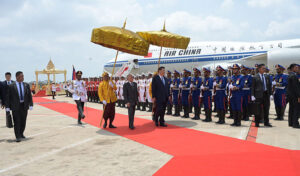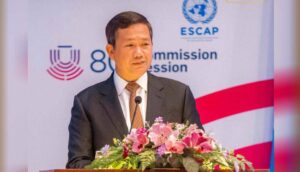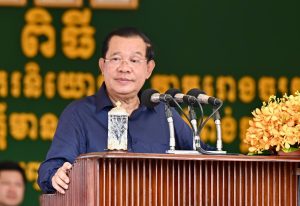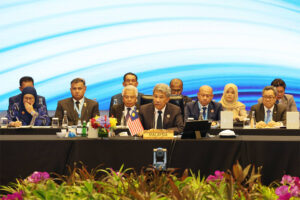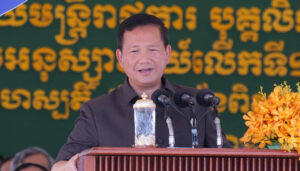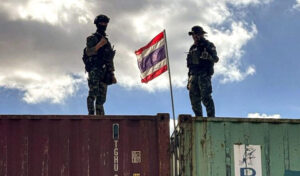PRESS STATEMENT The professional journalism charter is a legal milestone to protect journalists and built public trust in the media
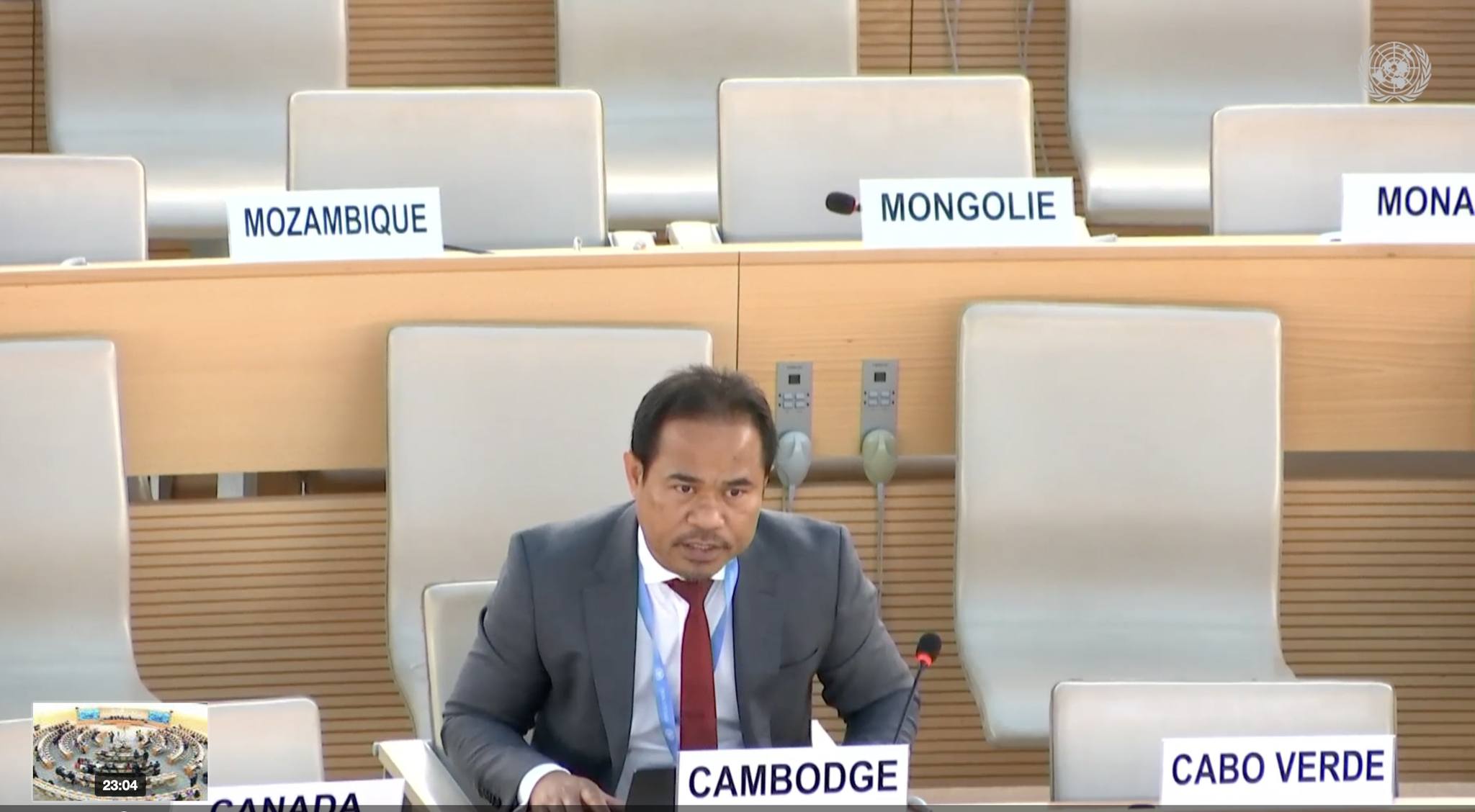 PRESS STATEMENT The professional journalism charter is a legal milestone to protect journalists and built public trust in the media
PRESS STATEMENT The professional journalism charter is a legal milestone to protect journalists and built public trust in the media
Geneva, 17 September 2024— The Permanent Mission of Cambodia in Geneva is perplexed by a misleading and prejudiced statement made by the human rights experts dated 12 September 2024 concerning the issuance of the professional journalism charter by the Ministry of Information and is compelled to offer clarification as follows:
- The call for “suspension of professional journalism charter” by the human rights experts shows contempt for the government’s efforts to promote journalistic ethics and standards across all forms of media. The Charter serves as a national standard of practice, guiding stakeholders to contribute to the development of democracy while upholding press freedom and freedom of expression. It is a legal milestone that protects journalists and builds public trust in the media.
- The allegation that the Charter was issued without “comprehensive consultation” is unwarranted. The Charter in fact was created based on comprehensive consultations and evaluations with relevant stakeholders in the media sector, including over 300 journalists, media associations and relevant institutions. To ensure a conducive environment for responsible journalism and promote press freedom, comments by the media associations and relevant stakeholders were duly considered and incorporated. The Charter was created by journalists and for journalists, serving the interests of the profession and upholding public trust.
- Allegations that the Charter fails to incorporate a “public interest override” and to properly establish the “main remedies” are completely misleading. Cambodia cherishes freedom of press and media in line with the law. However, this freedom cannot be extended to freedom of spreading fake news, disinformation, malinformation and misinformation. The exercise of such freedoms must align with the Constitution and the Press Law. Therefore, the Charter is formulated to ensure the information security to better serve for the human rights’ purposes and to ensure the rights to access to the right and truth information.
- The issuance of the Charter was timely aimed at promoting order in the media and strengthening journalism ethics. Amidst the rapid growth of over 2,000 registered media outlets, with more than 10,000 journalists, establishing clear operational standards for journalistic ethics through rules and minimum standards is crucial to promoting and protecting professional journalism and public interest.
- Contrary to the assertion of the human rights experts, Article 19(3) of the International Covenant on Civil and Political Rights (ICCPR) emphasises that the exercise of freedom of expression carries with its special duties, responsibilities and limitations as prescribed by laws and are necessary to protect the rights of others, national security, public order or morals. In line with the ICCPR, the Charter does not infringe upon freedom of expression but creates a conducive environment for responsible journalism and promoting press freedom.
- The call for the protection and promotion of independent and free media and for law and policy reforms is unwarranted. Freedom, independence and protection in line with the law are guaranteed to all journalists in the Kingdom who operate ethically and professionally. The adoption of the Charter underscores the commitment of the government to foster an effective democratic system and to promote and uphold professional responsibility across the media landscape. Nevertheless, to ensure freedom of expression is protected while the right of others is preserved, the exercise of this freedom should be remained within the ambit of laws.
The Permanent Mission of Cambodia in Geneva urges the experts to strictly adhere to the Code of Conduct for Special Procedures Mandate-holders’ in fulfillment of their functions, including making public statements that can be construed as an interference in the domestic jurisdiction of Cambodia.

